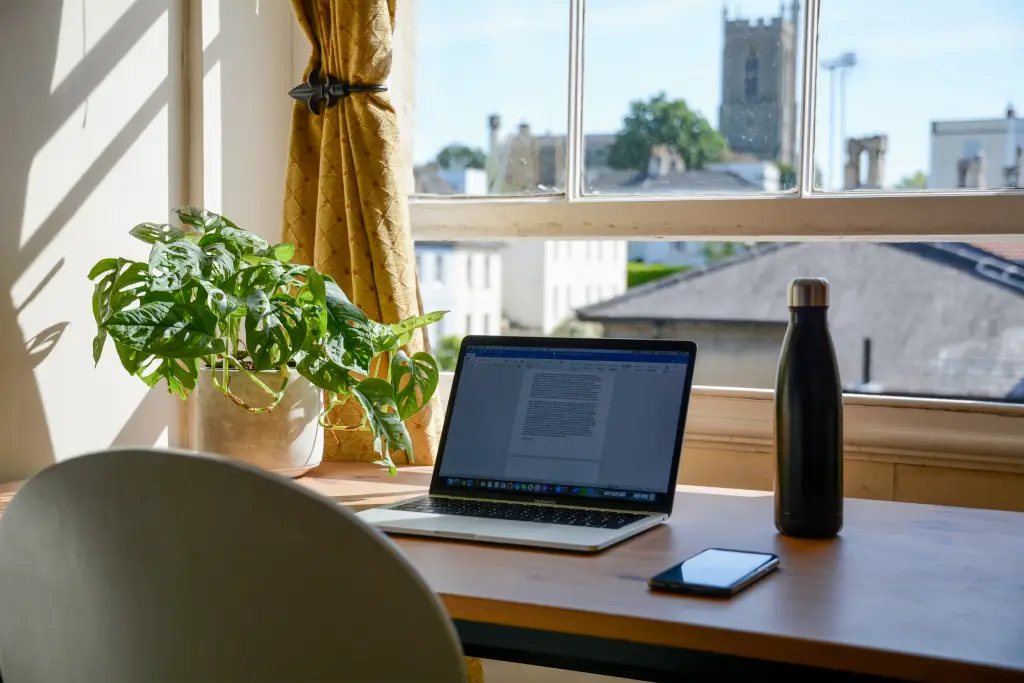
So, you’ve decided that you want to take the plunge and study abroad. Awesome! Join the many students around the world studying in foreign countries. This is super exciting, but there might be a few questions running through your mind. How do you start planning it? Where to start? Here are a few pointers that can help you make your time abroad a great adventure.
Decide where you want to go
This may seem obvious but it makes all the difference. Make sure you are going to a country or a city you will enjoy living in. This can be based upon the climate, lifestyle, education, the language spoken or the distance from your home country. If you’re currently studying at a European university and planning on doing Erasmus, then check with your university’s international department to see which universities yours has partnerships with.
Check the cost of living of your chosen destination
This is essential. You don’t want to be in for any bad surprises here. . There are many websites, such as Make sure you know the average rental price, as well as the cost for groceries, eating out, transport and drinks, where you can find this information and even compare prices in different cities.
Research any educational requirements
Check if you are able to transfer the credit back to your home country in case you’re going through a study abroad program such as Erasmus. If you are doing a full degree abroad, research all the application requirements, including language requirements. Make sure you stick to the deadlines.
Save up some money
This should be the time of your life. You won’t want to say no to something just because of money, so it’s best to save up so that you can enjoy your experience fully. Studying abroad is so much more than only studying, so you will have to learn to live on a student budget. It is also a time to travel, get to know your host country and meet new people. Having a bit of money saved up will go a long way.
Take care of all of the necessary paperwork
Check if you need a visa or if you need to register in the country upon arrival. Make sure you have health insurance (if you’re from Europe then ask your local healthcare provider for a European Health Card). Check the expiration date of your passport and re-read your acceptance letter from the university to see if there are some important details there.
Look into the housing situation in the country
Check how to find accommodation. See if the university offers any accommodation to foreign students. If you studying in Europe, chance are you’ll go to a city which Uniplaces is at. You can look for rooms and apartments for rent at . Time that you could have otherwise spent Uniplaces . Arriving to a new city without accommodation will make you waste time house hunting, meeting new people and exploring the city.
Learn some of the local language before leaving
If you’re moving to a country, where you don’t speak the language, then . It will also impress the locals. Depending on which country you’re going to, people may not speak much English. There are many free apps or websites where you can learn a couple of phrases in a new language for free, such as learning even a few basic phrases will make the first few weeks so much easier Duolingo, BBC Languages and Live Lingua.
Familiarise yourself with your host country
This is going to be your home for your study abroad period, after all. Find out about the customs, culture, history, geography, cuisine etc. This way you will be able to get more out of your experience.
Research the support networks your city provides to foreign students
Some European cities have amazing ESN (Erasmus Student Network) offices, where they organise lots of parties, trips and cultural events for the Erasmus students in the city. You can even ask for a ‘buddy’, a local volunteer who can help you settle in better.
We hope that this checklist gave you a head-start in planning your upcoming Erasmus adventure. If there are any other steps that we might have missed, let us know in the comments below. If you are looking for a place to stay visit Uniplaces.
And remember: if you need accommodation, your next home is waiting for you on Uniplaces.